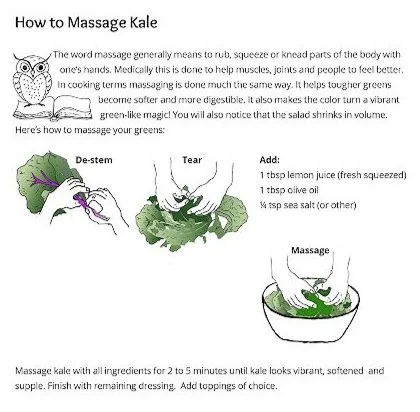Cooking with Children Builds Important Life Skills
Why Children Should Cook, Part Two
by Heide Horeth, author of 4 Ways to Yummy Children’s Vegetable Cookbook, a guide to help the entire family cook, eat, and love real food together.
Kids need to play to learn and grow. A full and harmonious life creates a balance between work, play, others, and self. Maria Montessori observed that “children enjoyed play based in reality, and were happier when invited to play with real materials that produced real results.” I wholeheartedly agree. Having responsibilities in the family (chores) invites a child to be part of the family and helps to create a capable, appreciative, observant, and organized human being.
When my son, Shane, was about eight years old, one of his jobs was to bring in the firewood. One day he asked if his father could put on a sweater rather than build a fire in the wood stove because it wasn’t that cold in the house. I’m sure his request was more about him not wanting to collect the firewood than the temperature of the room. While I found his remark humorous, it clearly showed how he made the connection to his efforts in keeping our house warm. Active work teaches much. In other words, we learn best through doing.
Let’s explore some fabulous life skills children may acquire from helping in the kitchen.
Cooking introduces math
For visual as well as kinetic learners, weighing and measuring ingredients is an opportunity to see math in action. Preparing food also requires a systematic approach to cooking, so organized thinking comes into play. Here are a few other kid-friendly mathematical concepts vital to cooking:
Count out the cutlery to set the table
Measure ingredients (fractions)
Set a timer
Convert recipe portions
Cooking builds kitchen skills
When working in the kitchen, we all need to be safe and clean. Washing hands, rolling up sleeves, putting hair back, and wearing an apron all help to set the stage and stress the importance of the job. Tailor tasks to be age-appropriate, and always be clear about which tasks an adult must do, such as handling sharp knives or removing items from the oven. Start slowly and build a routine with your children in the kitchen. You’ll know when they can handle bigger jobs.
Cooking encourages curiosity
Food becomes less scary and more approachable as children cook, handle, explore, and learn about new foods. Forcing children to eat is counterproductive. Instead, try nudging and supporting approaches to encourage them to try new foods. Will you try a mouse's nibble or a lion's bite? Learn together and let it be fun. When children are involved in the process, they are more likely to want to try the end result. I’ve seen children eat some pretty weird combinations with big smiles because it was their creation. Peanut butter, kiwi, lettuce sandwich anyone?
Cooking is edible science!
We experience the texture and taste of food with our tongues and fingers. The chemistry and physical changes we observe can be spellbinding. Have you watched a batter rise into a glorious cake and think it’s magic? Cooking blends science with art, making the learning possibilities endless. In cooking we can formulate a hypothesis, observe changes, connect cause and effect, and even adjust our outcomes. The step-by-step nature of cooking helps foster curiosity, patience, and reasoning skills. Though recipes are designed to assure satisfaction and repeatable results, they do not have to be a crutch or limit your options. Be adventurous and see where it leads.
Cooking improves motor skills
Improving children’s motor skills is key to helping little ones become confident, independent, and better equipped to explore the world. Without strong hand-eye coordination skills, children may face limitations. Remember, little muscles tire quickly, so be patient. Here are a few simple ideas for younger children:
Shake homemade salad dressing in a jar
Roll or scoop out dough
Measure ingredients
Crack the eggs
When finished, let them help wipe up the counter, wash dishes, put things away, and sweep the floor. These are great exercises to build a child’s self-esteem. “I can do this!” Yes, we can!
To help children get a workout and to see some magic, have them massage kale. Here’s a recipe for a simple kale salad from my cookbook. As always, I wish you a happy and tasty cooking experience.
Additional Articles in this series:
Heide Horeth is a cookbook author and former columnist for Grandparents Day Magazine. She lives on Whidbey Island, WA with her husband, Jerry, and their veggie-loving dog, Dalai. Originally from upstate New York, Heide recalls simple, seasonal food made with love. Her cherished childhood memories include working and laughing side by side with her mother in the kitchen. These early experiences taught Heide that placing children in the kitchen is a powerful and natural experience that helps them make better eating choices throughout their lives. As a mom and preschool health assistant for ten years, Heide developed recipe charts and creative methods to help children take a lead role in the kitchen. This ultimately led her to write 4 Ways to Yummy Children’s Vegetable Cookbook, a guide to help the entire family cook, eat, and love real food together.



